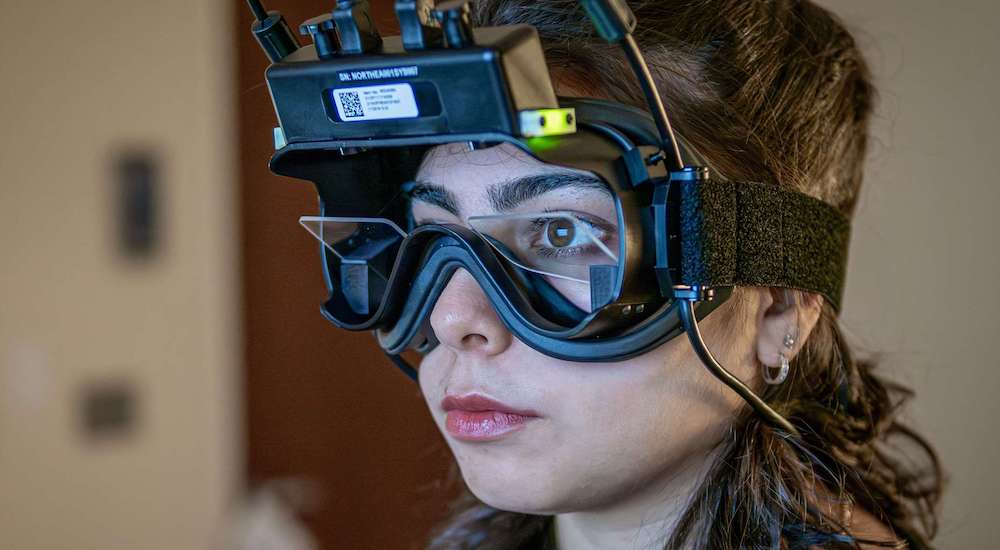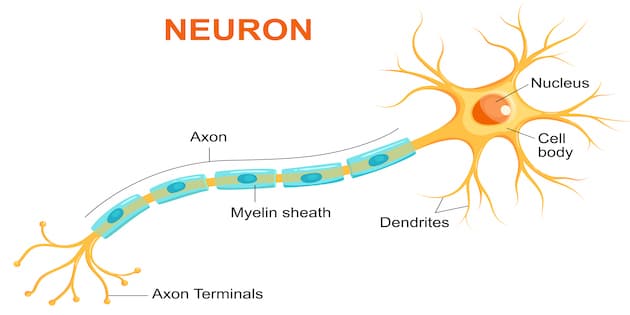Using specially timed signals to reduce the symptoms of tinnitus
Tinnitus
University of Michigan (U-M) News recently reported on a new study in translational medicine. A team from the University has released preliminary findings from animal tests and a clinical trial of the new approach, including data from 20 patients with tinnitus.

The researchers say they hope their new experimental device that targets unruly nerve cells in the brain will help to reduce the sometimes debilitating phantom sounds associated with tinnitus. Participants in the clinical part of the study who used the device daily reported that the loudness of their tinnitus-related sounds was reduced and their quality of life was improved.
The control group that used a sham device, did not report these improvements. The device uses precisely timed sounds and weak electrical pulses to activate touch-sensitive nerves. The aim is to steer damaged nerve cells back to normal activity.
“The brain, and specifically the region of the brainstem called the dorsal cochlear nucleus, is the root of tinnitus,” says Susan Shore, U-M Medical School professor leading the research team. “When the main neurons in this region, called fusiform cells, become hyperactive and synchronize with one another, the phantom signal is transmitted into other centers where perception occurs. If we can stop these signals, we can stop tinnitus. That is what our approach attempts to do, and we’re encouraged by these initial parallel results in animals and humans.”
The U-M team has new National Institutes of Health (NIH) funding for an additional clinical study to further refine the treatment approach. U-M also holds a patent on the concept and is developing it for potential future marketing.
Source: Michigan News – University of Michigan



